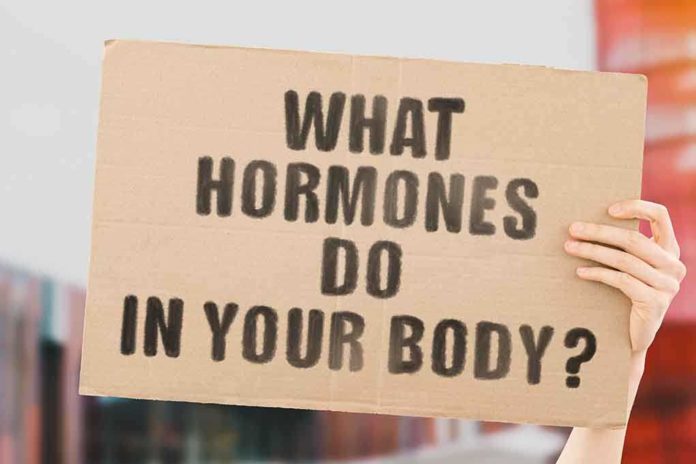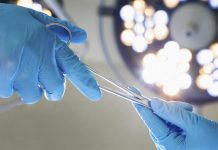
In the world of science, we may have learned that hormones are part of the endocrine system called “chemical messengers”. Hormones are released mainly by glands, travel the bloodstream through all parts of the body, end up in targeted cells and instruct these cells what to do. In certain situations, hormones are associated with acne breakouts, mood swings, and sometimes, low libido.
Truth is, there are various types of hormones in the body which play different functions. These may include bodily mechanisms such as metabolism, reproduction, and digestive function.
Types of Hormones and their Functions
1. Oxytoxin or “Birth Hormone”
This type is responsible for the different adaptive behaviors in the Central Nervous System (CNS) such as social behaviors and patterns of sexual functioning. It is also essential in breast milk production and he birth process where it is responsible in the contraction and relaxation movements of soft muscle fibers such as those in the uterus.
Oxytoxin is also a neurotransmitter, a chemical released from the nerve cells to target cells to communicate information, where it functions in maternal attachment, learning and memory, and paternal-filial relationships.
2. Testosterone
This is one of the sex hormones responsible for the development of male physical characteristics. These includes hair, height, sexual organ, and sperm production. However, women also produce testosterone but in very small amounts.
Its main function is to regulate sexual desire and sperm production which are critical to the reproductive process. It is also needed in the formation of the primary genitalia and breast formation. Lower levels of testosterone in men leads to a condition called gynecomastia, or the development of larger breasts.
3. Estrogen
The female hormone. It is also responsible for the development of female characteristics, such as breast development and the menstrual cycle. However, the estrogen level in women gradually decline as they grow older leading to menopause.
Other function of estrogen include: cardiovascular protection, regulation of sexual desire, stimulate production of collagen and pigmentation of the skin, distribution of fat in the body, and bone and muscle metabolism.
4. Adrenaline
This type is widely known as the “Activation Hormone” but it is also a neurotransmitter. Adrenaline is what makes the body alert to the dangers it may encounter and triggers the body to respond – the fight or flight response. This refers to the body’s reactions which are to either flee from the situation or fight it. Its main function is for survival. It may cause an increase in blood pressure, dilated pupils, or increased heart rate, depending on the situation at hand.
5. Vasopressin
This type is also called “diuretic hormone” which is also a neurotransmitter. Its main function is to eliminate water from the body via the kidneys. It concentrates the urine by decreasing osmotic pressure in the body top retain the water in it. Moreover, it regulates the volume of blood circulation throughout the body. It is related to short-term and long-term memory, specifically images.
6. Melatonin
This type is classified with other hormones as a “sleep hormone” whose main function is to control the body’s biological clock and sleep regulation which in turn, strengthens the immune system.
7. Insulin
This type is referred to as an “anabolic hormone.” It plays an important part in the body’s metabolism wherein it controls the blood glucose level. Insulin travels through the bloodstream to the cells where it tells them to open up and let the glucose in. Once inside, the cells convert glucose into energy which is either stored or used by the body.
8. Prolactin
This type’s main functions is the production and secretion of milk from the mammary glands.
9. Thyroxine
This type is commonly known as “T4.” Its primary function is to regulate metabolism. However, it can also influence growth and development as well as the mood and mental health of an individual.
10. Growth Hormones
This type is essential in the proper functioning of the endocrine system. It takes care of the muscle mass, sustains body fats at a normal rate, protects against cholesterol, and improves blood circulation.
If you want to learn more information regarding all-natural, nature-based healing cancer treatment, do visit the D. Farrah Agustin-Bunch Natural Medical Center at http://drfarrahcancercenter.com/ or join in the discussion at https://www.facebook.com/DrFarrahBunch/.
Image by Wikimediaimage / CC BY 2.0
Copyright 2024, DoctorFarrah.com










